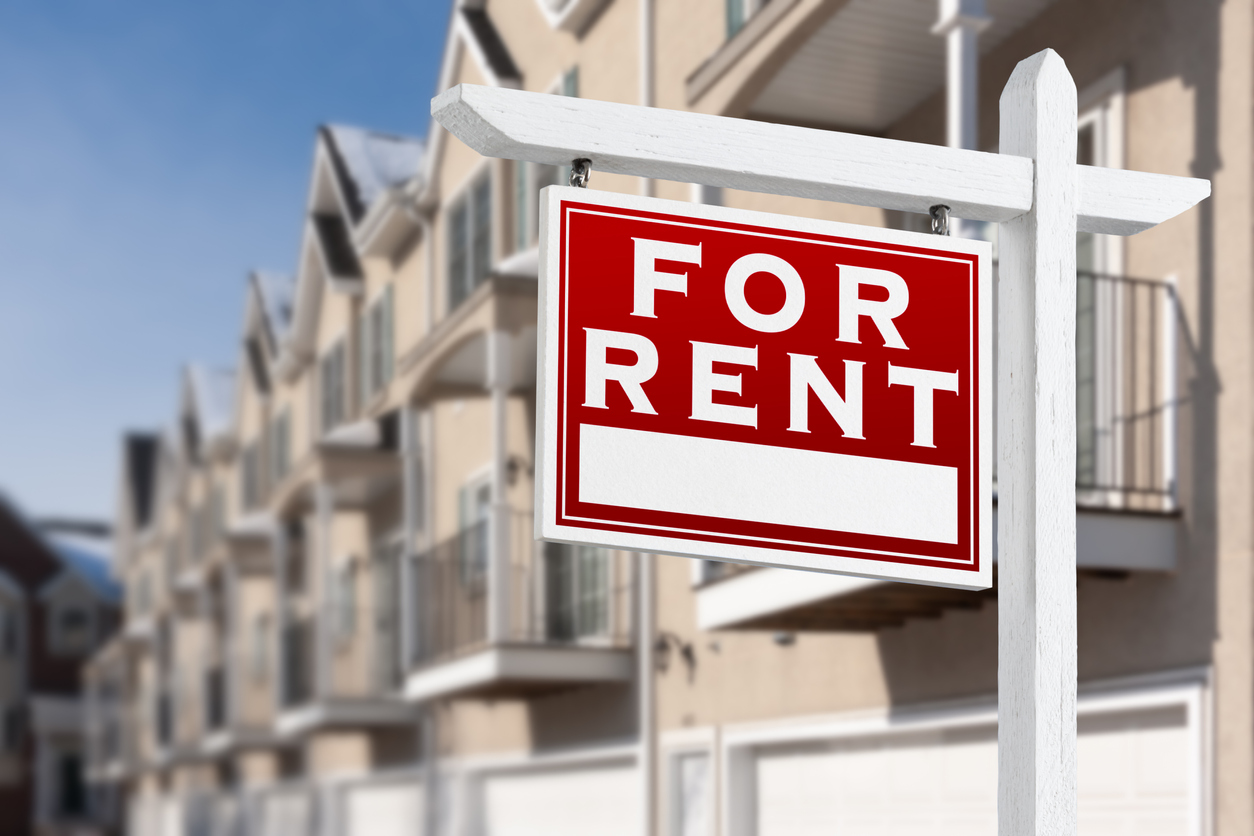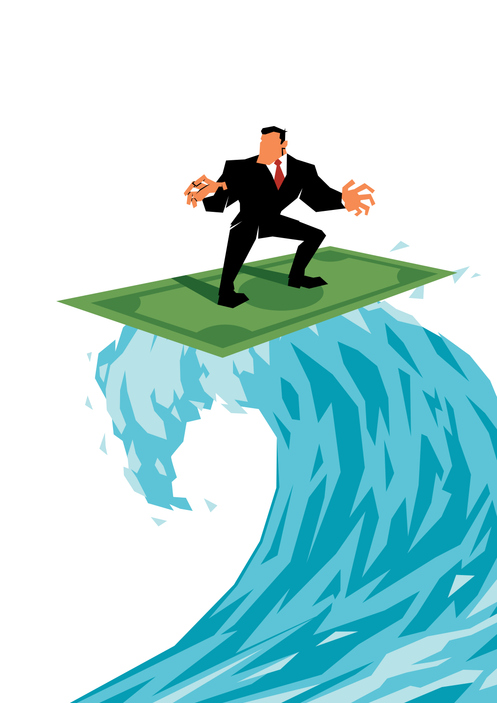The House State Government & Tribal Relations Committee held a public hearing yesterday on HB 2529 (Odd year elections). This bill would essentially ban initiatives and referendums in odd years while still allowing local government to run special elections to raise taxes during all years. Among those testifying in opposition was Secretary of State Kim Wyman.
Here is Wyman’s testimony:
According to the bill report for HB 2529 (in-part):
“The statewide general election in odd-numbered years is eliminated. Elections are permitted in odd-numbered years only for . . . special elections called for any purpose authorized by law . . .”
Before the public hearing on HB 2529, the committee heard a presentation by Zoltan Hajnal, a professor of political science at the University of California San Diego. Among the points the professor made about using even year elections:
- “Increases the liberal vote share by 4%” and
- “Increases the Democratic vote share by 4%.”
It is an interesting question why certain types of voters do or don’t turnout out at certain elections, especially considering Washington state is all vote-by-mail with prepaid postage. That said, it is less clear what bearing the political leanings of those who do or do not exercise their right to vote has on these provisions in our state constitution:
- “ARTICLE 1, SECTION 34 SAME. The legislature shall pass the necessary laws to carry out the provisions of section thirty-three (33) of this article, and to facilitate its operation and effect without delay: Provided, That the authority hereby conferred upon the legislature shall not be construed to grant to the legislature any exclusive power of lawmaking nor in any way limit the initiative and referendum powers reserved by the people.”
- "ARTICLE 2, SECTION 1 LEGISLATIVE POWERS, WHERE VESTED. The legislative authority of the state of Washington shall be vested in the legislature, consisting of a senate and house of representatives, which shall be called the legislature of the state of Washington, but the people reserve to themselves the power to propose bills, laws, and to enact or reject the same at the polls, independent of the legislature, and also reserve power, at their own option, to approve or reject at the polls any act, item, section, or part of any bill, act, or law passed by the legislature."
Though the claim is being made that initiatives and referendums should be banned in odd years due to lower voter turnout, HB 2529 would still allow local governments to hold special elections in odd years to increase tax levies.
It is difficult to reconcile why it is ok to allow local tax increases to appear on the ballot in odd years while denying Washingtonians their constitutional right of initiative and referendum in those same years.
A question came up during the public hearing if the bill would be more acceptable if it removed the ban on referendums during odd years. While this would be less constitutionally suspect, due to the legislature’s continued abuse of the emergency clause to deny the right of referendum, this would not be a meaningful exemption to the odd year ban unless citizens also maintained their right of initiative in odd years.
Here are some of the prior ballot measures that would have been prohibited under HB 2529/6503 (odd-year elections):
- R-88: Affirmative action (2019)
- I-976: Car tabs (2019)
- I-1401: Animal trafficking (2015)
- I-1164: Long-term care (2011)
- I-1183: Private liquor sales (2011)
- SJR 8206: Enhanced rainy-day account (2011)
- R-71: Domestic partners (2009)
- SJR 8206: Creating rainy-day account (2007)
- HJR 4204: Allowing simple-majority for school levies (2007)
- I-900: Performance audits (2005)
- I-901: Prohibiting smoking indoors (2005)
- I-747: Property tax increase restrictions (2001)
- I-773: Increasing tobacco taxes (2001)
- I-775: In-home care (2001)
HB 2529 is currently scheduled to receive executive session on January 31. The Senate companion bill, SB 6503, has not been scheduled for committee action yet.





